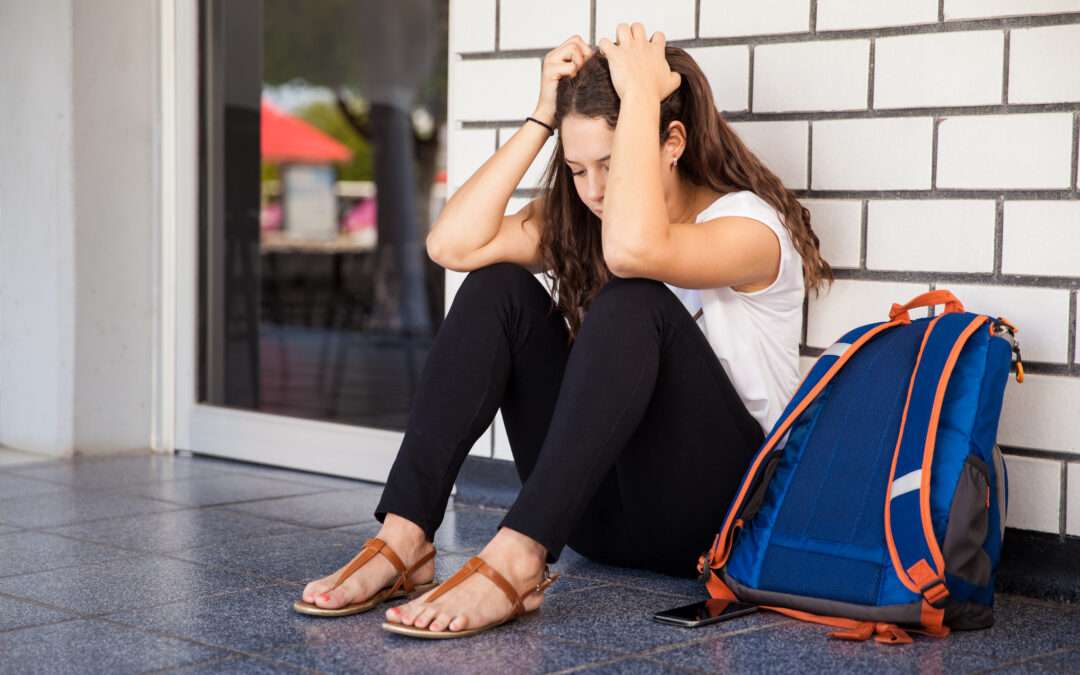Mastering Awesome Parenting
Are you ready to embark on an extraordinary parenting journey filled with confidence, joy, and fulfillment?
Look no further than Bodhikids’ Mastering Parenting Courses!
Explore Our Other Courses for Children’s English Communication Skills Development as Well
Be a Dynamic Speaker!
- Kids' English Communication
- Jolly Phonics
- Creative Writing
- Public Speaking Adventure
- MindfulYoung
- StoryCraft
- Reading To Speaking
- Financial Literacy
- Journaling Mastery
- Vocal Flex
Enrol Today!
Enrol Today!
Enrol Today!
Enrol Today!
Enrol Today!
Enrol Today!
Enrol Today!
Enrol Today!
Enrol Today!



Recent Comments